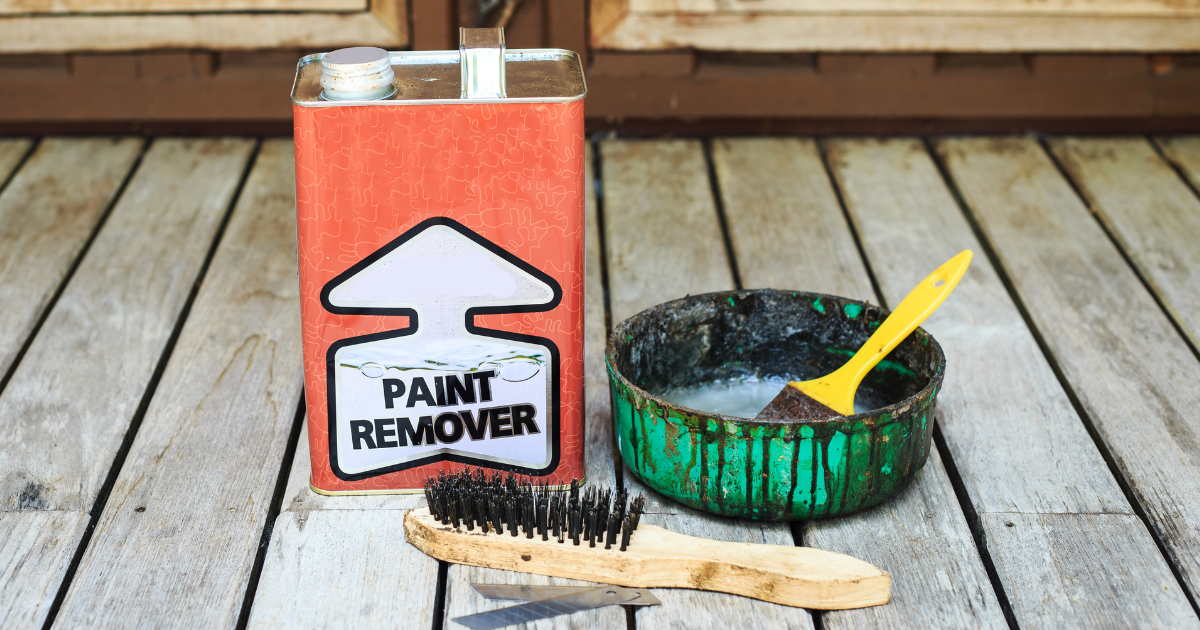Rule will be among first final actions under reformed Toxic Substances Control Act (TSCA)
Health advocates applaud EPA action, calling on EPA to quickly finalize rule
WASHINGTON, DC—Today, EPA Assistant Administrator Michal Freedhoff proposed a final rule to manage “unreasonable risks” found in EPA’s evaluation of methylene chloride under the Toxic Substances Control Act (TSCA). The rule will prohibit all consumer and most commercial and industrial uses of methylene chloride, with exemptions for certain federal agencies and manufacturers. The proposed rule is the second final action proposed on an “existing” chemical under the reformed TSCA, after the EPA’s rule on chrysotile asbestos. The rule’s printing in the Federal Register will begin a 60 day comment period.
The proposed rule prohibits all consumer uses and most industrial and commercial uses of the chemical, including degreasers, spot removers and paint or coating removers, among others, with workplace protection requirements for two time-limited critical use exemptions. Toxic Free Future applauds the proposal while urging the EPA to move quickly to finalize the rule and extend its protections to all workers.
Health advocates made the following statements in response to this news:
“Too many families have endured too many tragedies because of this chemical; too many workers are exposed to its effects on the job. While it’s not a home run, EPA’s rule makes significant progress toward getting methylene chloride out of workplaces and homes,” said Liz Hitchcock, director of Safer Chemicals Healthy Families, the federal policy program of Toxic-Free Future. “Nearly seven years ago, Congress updated TSCA to enable EPA to take actions like this on known chemical hazards. This rule will achieve substantial reductions in the use of this extremely toxic chemical,” she continued.
“For too long, methylene chloride has stripped the health from American workers while it strips off paint and grease. EPA’s new rule will accelerate the drive to safer chemicals and safer methods that still get the job done,” said Charlotte Brody, RN, vice president for Occupational and Environmental Health at BlueGreen Alliance.
“Lowe’s sparked a domino effect among the nation’s largest retailers when it became the first major retailer to ban methylene chloride in paint strippers five years ago,” said Mike Schade, director of Mind the Store, a program of Toxic-Free Future. “We are excited that EPA is finally joining retailers in banning methylene chloride for both consumers and workers. This critical new rule will go a long way in protecting consumers and workers from exposure to this cancer-causing chemical. EPA’s next step should be to provide guidance for brands and retailers on evaluating the hazards of alternatives, to ensure companies move toward truly safer solutions.”
“We celebrate this action to finally protect people from a deadly toxic chemical – methylene chloride,” said Paul Burns, executive director of the Vermont Public Interest Research Group. “But we also recognize that it’s taken far too long and cost too many lives. Any chemical that presents this kind of acute and long-term threat to human health has no business being sold in the public marketplace.”
“It is a great day when we can point to a change in our public health and environmental rules that will so clearly result in saved lives, especially among workers exposed to toxic chemicals,” said Cindy Luppi, New England director for Clean Water Action, which mobilized its membership and coalition partners and testified directly in support of this action. “We encourage the Biden EPA to continue taking this kind of direct action to reduce health burdens, prevent harm to our health and reflect modern science.”
BACKGROUND ON METHYLENE CHLORIDE
Methylene chloride, also known as dichloromethane or DCM, is an organohalogen solvent used in paint strippers and other products. It has been linked to cancer, cognitive impairment, and immediate death by asphyxiation. Acute exposure to the chemical has resulted in a documented 85 deaths in the U.S. between 1985-2018, according to a peer-reviewed study by the University of California, San Francisco Program on Reproductive Health and the Environment (PRHE).
Since 2009, Toxic-Free Future and health advocates nationwide have worked to strengthen federal protections from toxic chemicals. After years of advocacy by a coalition led by Toxic-Free Future’s Safer Chemicals Healthy Families program, the Lautenberg Chemical Safety Act was signed into law in 2016 giving the EPA needed authority to ban harmful chemicals like methylene chloride. From 2017 to 2019, Toxic-Free Future’s Mind the Store program led a national campaign securing commitments from more than a dozen major retailers including Lowe’s, The Home Depot, Walmart, Amazon.com, and others to stop selling paint and coating removers containing methylene chloride. In 2022 and 2023, Toxic-Free Future led coalition partners in comments, testimony and meetings with EPA to advocate for a strong final rule.
For more information, check out Toxic-Free Future’s timeline of events and additional resources.
TOXIC-FREE FUTURE
Toxic-Free Future is a national leader in environmental health research and advocacy. Through the power of science, education, and activism, Toxic-Free Future drives strong laws and corporate responsibility that protects the health of all people and the planet. www.toxicfreefuture.org
###
MEDIA CONTACT
Stephanie Stohler

